Embracing Organizational Agility: How HR Professionals Drive Success
To achieve success in today’s dynamic business world, companies must embrace organizational agility. The ability to swiftly adapt to market shifts, embrace change, and respond effectively has become paramount in staying ahead of the competition. Among the key drivers of organizational agility are HR professionals, who play a vital role in fostering and sustaining their company’s ability to respond and pivot as needed.
Markets are continuously evolving, and unexpected disruptions can occur, such as technological advancements, shifts in consumer behavior, or regulatory changes. By remaining agile, organizations can swiftly realign their strategies, processes, and structures to adapt to these disruptions, seize opportunities, and mitigate risks.
Additionally, agility enhances innovation and creativity within an organization. By fostering a culture that encourages experimentation, learning, and the exchange of ideas, agile organizations empower their employees to think creatively and contribute their unique perspectives. This mindset promotes a dynamic environment where calculated risks are encouraged, leading to the development of innovative products, services, and processes that cater to evolving customer needs.
Lastly, organizational agility equips businesses with the necessary tools to navigate uncertainty and complexity. The modern business environment is characterized by interconnectivity, globalization, and rapid technological advancements, resulting in increased complexity. Agile organizations embrace adaptability, collaboration, and continuous learning, allowing them to effectively manage uncertainty, make informed decisions, and identify emerging opportunities amidst complexity.
In the following section, we explore how HR professionals can harness their expertise to drive organizational agility and ensure the long-term success of their companies.
- Building Agile Culture: HR professionals are instrumental in shaping organizational culture. They can promote agility by encouraging open communication, collaboration, and continuous learning. HR can facilitate training programs, workshops, and knowledge-sharing initiatives that foster an agile mindset and encourage employees to embrace change and adaptability.
- Agile Talent Management: HR professionals need to develop agile talent management practices that support the organization’s agility goals. This includes reevaluating traditional performance management approaches and adopting more frequent feedback cycles, goal setting, and performance metrics that align with agile principles. HR can also facilitate cross-functional mobility and provide opportunities for skill development to help employees adapt to changing roles and responsibilities.
- Embracing Agile HR Practices: HR departments must also adapt their own practices to align with agility. This includes adopting agile project management methodologies, such as Scrum or Kanban, for HR initiatives, enabling faster decision-making, and iterative approaches to problem-solving. Agile HR practices can also involve implementing flexible work arrangements, fostering employee autonomy, and utilizing data-driven insights to drive HR strategies.
- Enabling Continuous Learning: HR professionals can champion a culture of continuous learning and development within the organization. This includes providing access to relevant learning resources, promoting internal knowledge sharing, and encouraging employees to pursue professional development opportunities. By fostering a learning mindset, HR professionals contribute to building a workforce that embraces change, acquires new skills, and adapts to evolving business needs.
Organizational agility is critical for organizations to thrive in today’s fast-paced and unpredictable business environment. HR professionals play a vital role in driving agility and ensuring the stability and resilience of their company. This is made easier with modern HCM technology that’s built for seamlessly adopting best practices for talent management, continuous learning, recruitment, and data-driven decision-making. UKG is a great solution that meets these needs, and we’d be happy to discuss with you how you can utilize the software to carry out your HR and timekeeping functions more effectively. Get in touch with us if you’d like to learn more!




